FIVE-STAR TEAM WARRANTY &
SAME-DAY SERVICE
7 tips: How to Ensuring Safety of your water heater usage
When homeowners install a water heater, there is a lot of important information besides how to use it. For example, rules for safe use. If safety is not taken into consideration, the consequences can be dangerous for you. We would like to tell you a couple of tips that you need to follow to keep everything in order.
Set the Thermostat at a Safe Temperature:
One of the most critical safety measures with water heaters is controlling the temperature. The U.S. The Department of Energy recommends setting the water heater thermostat to 120 degrees Fahrenheit (49 degrees Celsius) to prevent scalding. You can also set your thermostat to “hot” mode. This temperature is hot enough for most household needs but reduces the risk of accidental burns, particularly in children.
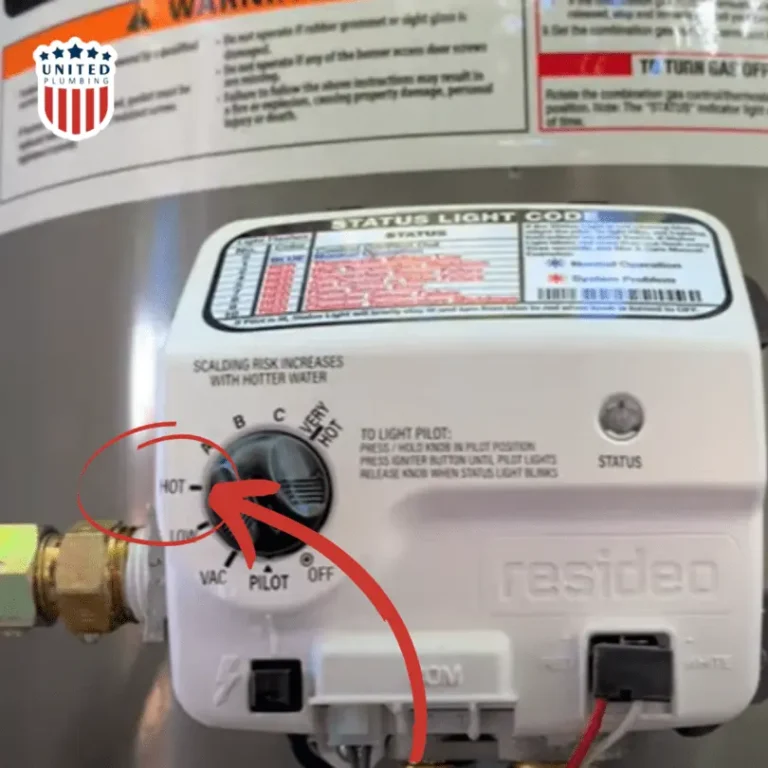
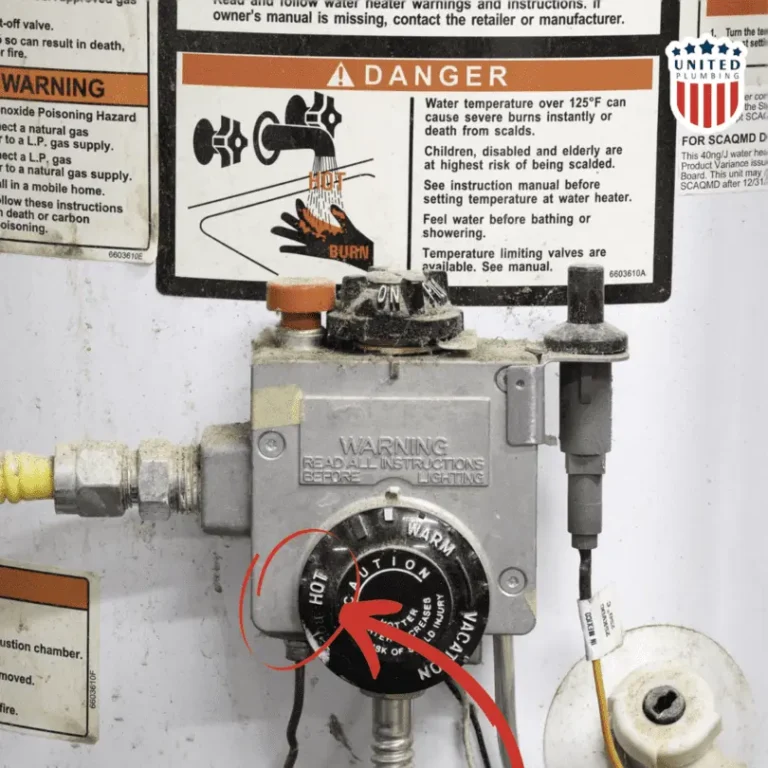
Regular Maintenance Checks:
Routine maintenance is key to ensuring the safe and efficient operation of water heaters. Homeowners should inspect their water heaters periodically for signs of damage, corrosion, or leaks. It’s also essential to flush the tank annually to remove sediment buildup, which can compromise efficiency and even lead to overheating or tank failure.
Install Temperature and Pressure Relief Valves:
Temperature and pressure relief valves are critical safety features that prevent water heaters from overpressurizing and potentially exploding. These valves should be installed and tested regularly to ensure they are functioning correctly. If the valve is leaking or not operating as intended, it should be replaced immediately by a qualified professional. Link to the T&V
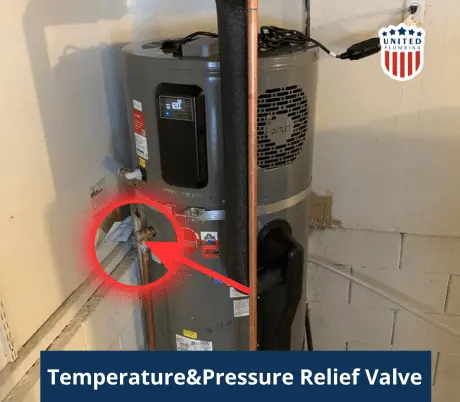
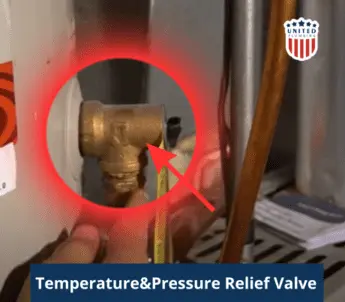
Keep Flammable Materials Away:
Water heaters typically use natural gas, propane, or electricity as a heat source, making them potential fire hazards if proper precautions aren’t taken. Families should ensure that flammable materials such as paper, clothing, or cleaning products are kept well away from the water heater and its surrounding area. Additionally, it’s essential to maintain proper ventilation to prevent the buildup of combustible gasses.
Childproofing:
Families with young children should take extra precautions to childproof their water heaters. This includes installing barriers or locks around the unit to prevent access, especially to curious toddlers who may be tempted to touch or play with the controls. Educating children about the dangers of hot water and establishing clear safety rules can also help prevent accidents.
Invest in Carbon Monoxide Detectors:
For households with gas water heaters, carbon monoxide detectors are essential safety devices. Carbon monoxide is a colorless, odorless gas that can be produced by faulty gas appliances, including water heaters. Installing carbon monoxide detectors near sleeping areas and other key locations can alert families to potential leaks and prevent carbon monoxide poisoning.
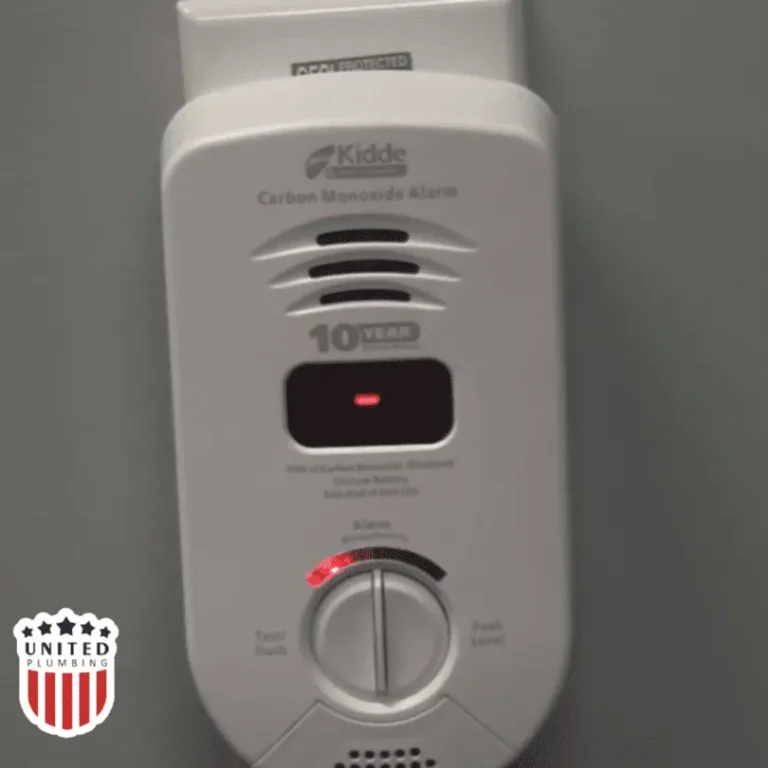
Know When to Replace:
Even with proper maintenance, water heaters have a finite lifespan. As they age, the risk of leaks, corrosion, and other safety hazards increases. Families should be aware of the age and condition of their water heater and consider replacing it if it’s nearing the end of its expected lifespan or showing signs of deterioration.
When you are following these simple safety tips and staying vigilant, families can enjoy the comfort and convenience of hot water while minimizing the risk of accidents and injuries. Regular maintenance, proper temperature control, and childproofing are key steps in ensuring the safe and efficient operation of water heaters for the whole family.
Post views: 663
Latest posts
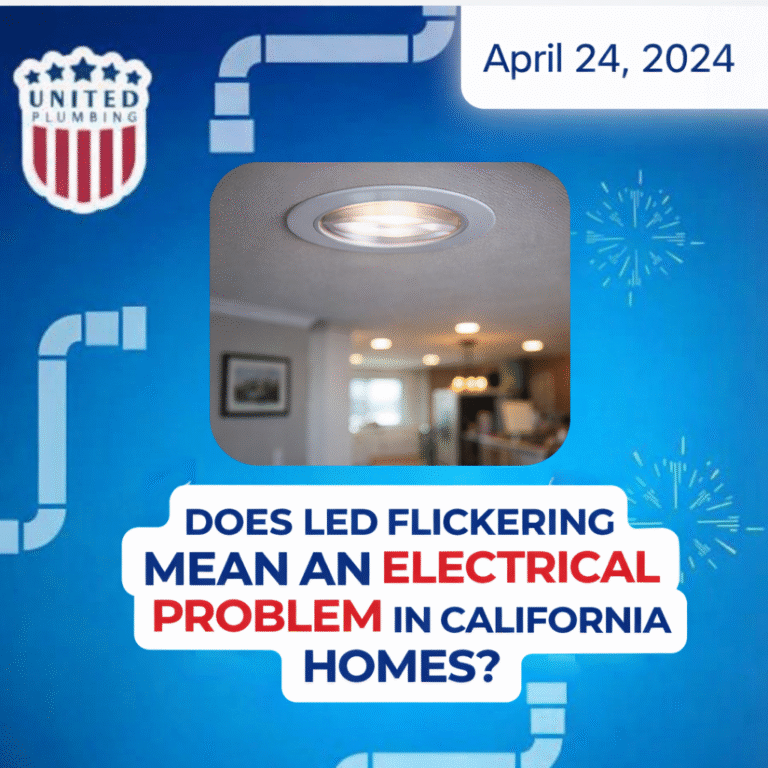
Does LED Flickering Mean an Electrical Problem?
What California Homeowners Need to Know
LED lights are popular in California homes because they use less energy...
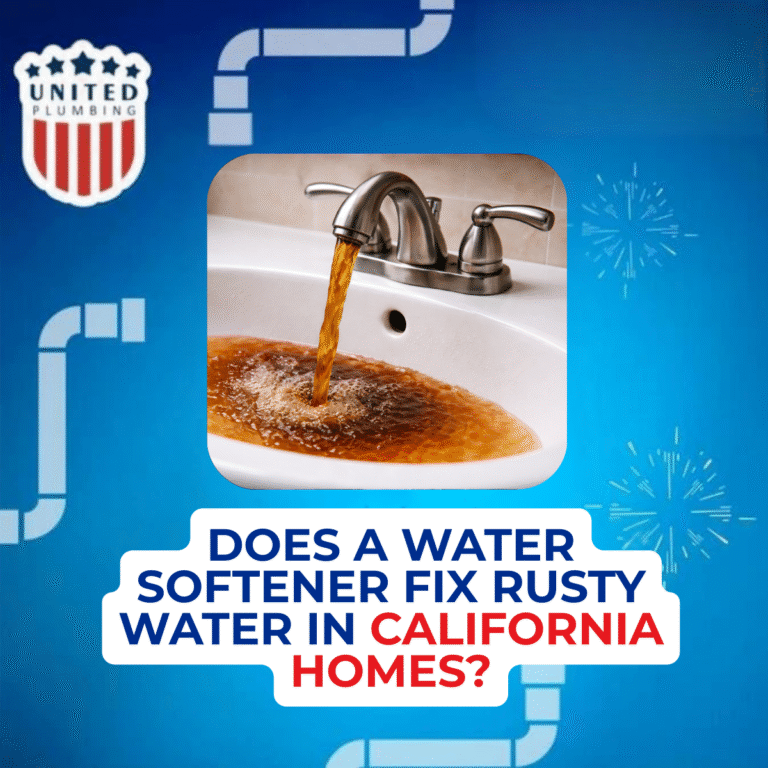
Does a Water Softener Fix Rusty Water in California Homes?
If you’re seeing brown, orange, or reddish water coming from your faucets, it’s normal to wonder if a water softener...


If you still have questions or need advice, please leave a request and we will contact you as soon as possible
Need a plumber and got no clue where to start?
(408) 539-6936Facing a plumbing issue? Get a FREE in-person estimate and quick solutions from our skilled technicians, ensuring your home runs smoothly again!
